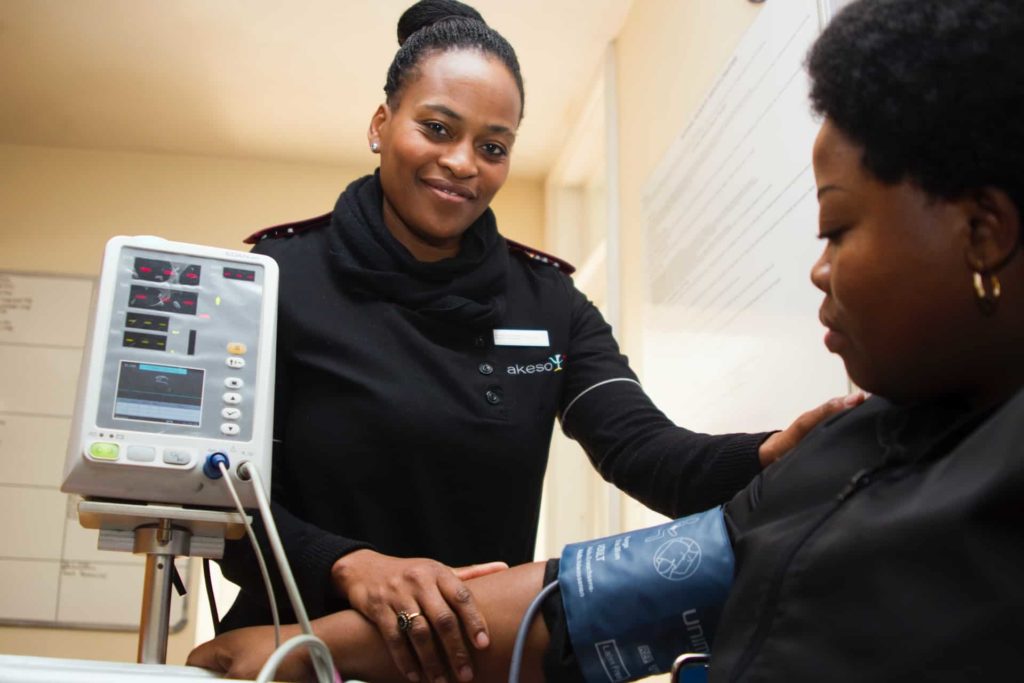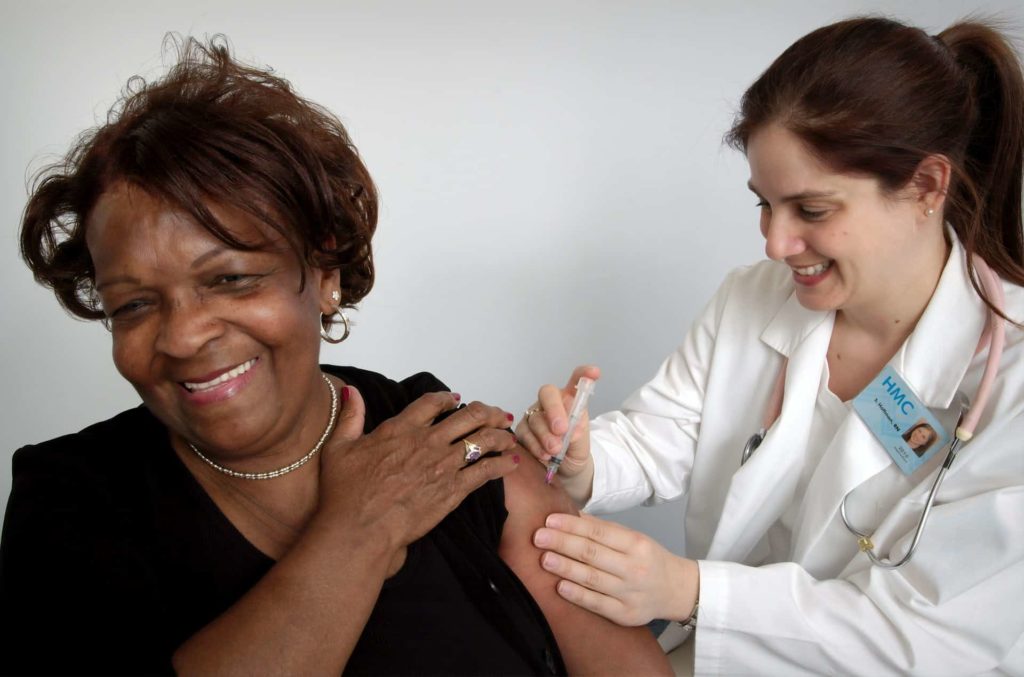
Patient care assistants are a vital part of the healthcare system. Over 100,000 patient care assistants work in the United States, primarily for private healthcare companies. These compassionate, caring individuals provide personal care to patients during their stay at a healthcare facility. They provide a wide range of healthcare services depending on the patient’s needs.
We’ll cover what patient care assistants do, the education and experience needed to perform the job, and what you can expect by entering this profession. Patient care assistants are essential for providing quality care for many basic needs.
What’s Required to Become a Patient Care Assistant
Education and experience requirements will vary for this position depending on where you live. In some states, you may not need additional training beyond a high school diploma. But most states require certification or technical training as a healthcare assistant.
Education
You can become certified as a patient care assistant (PCA) by completing an educational training program. Many different institutions offer patient care training programs, such as:
- Vocational or Technical Schools
- Colleges
- Hospitals
- Nursing Facilities
Depending on the program you take, and where you live, you may have to pass a state competency exam to complete certification. You may need to complete additional on-the-job training covering protocols and procedures for your employer.
Required Knowledge, Skills & Abilities
To be a PCA, you’ll be required to have the following knowledge and skills:
- Understand medical terminology, procedures, diseases, and ailments.
- Certified in performing basic first aid and CPR
- Show genuine compassion and interest in improving the health and well-being of patients
- Can work without supervision
- Demonstrates excellent time management skills
- Shows good stamina and physical strength depending on the task
Salary
The salary range for a patient care assistant is $30,223 and is based mainly on education and experience. The starting salary is around $21,000, and top earners can expect to make $41,000. The higher wage generally comes with ten years or more of experience or a managerial position.
Related Link: How Much Do Hospitalists Make
Industry
Patient care assistants can work for a wide variety of healthcare organizations. Most PCAs work for the following employers:
- Nursing Care Facilities: 40%
- Hospitals: 26%
- Assisted Living
- Retirement Communities
Aside from working in a hospital, most patient care assistants help care for elderly adults in private and public facilities. The job of a PCA can be very physically demanding and requires you to be on your feet most of the shift. Shifts can also require all hours, including weekends, nights, and holidays.
Want to know more about becoming a hospitalist or PCA? Contact us to learn more.

The Qualities of a Good Patient Care Assistant
If you’re considering becoming a patient care assistant, you’ll need to possess the following qualities:
- Caring: You have a genuine concern for others’ welfare.
- Respectful: You treat others with the utmost respect regardless of race, culture, behavior, or religion.
- Friendly: You can easily approach, engage, and build relationships with people.
- Flexible: You can adapt to routine, schedule, and needs changes.
- Good Communication: You’re an excellent listener and communicator.
- Dependable: Others can rely on you to help with everyday tasks with little supervision.
- Empathetic: You can show compassion and comfort to those going through difficult experiences and health concerns.
- Confident: You can take the initiative when a need arises and complete tasks well independently.
- Willing to Learn: You strive to improve your skills and knowledge to provide the best care.
If you feel you possess most or all of these qualities, then a career as a PCA may be the right fit for you. It can be gratifying as you continuously help individuals with compromised health or physical ability.
The Role of the Patient Care Assistant
The central role of the PCA is to assist other healthcare professionals by providing personal care to the patients. This helps the doctors and nurses reduce their workload by providing additional attention to the patients and their personal care needs.
PCAs are drawn to helping people. They go beyond basic tasks by providing compassion, empathy, and a listening ear to those they help. They can lift spirits and show encouragement to those with compromised health.
General Responsibilities and Duties of a Patient Care Assistant
Depending on where you work, you may be required to:
- Assess the vital signs of a patient and record the information on a medical chart
- Transport patients between different areas of the facility, such as examining rooms, labs, or operating rooms
- Assist patients with bathing and grooming
- Help patients walk or stand
- Communicate patient needs, unusual situations, or progress to other healthcare professionals
- Feed patients and ensure they follow strict diets depending on their needs
- Operate medical devices and equipment required for each patient
- Administer medication appropriately
- Lift or turn patients to avoid bedsores
The Tools & Technology
The tools and technology PCAs are required to use can vary depending on your employer. You’ll be trained on the software, technology, and medical equipment needed to provide care. You may also utilize lifting aids, transportation equipment, or cleaning supplies depending on the care needed for each individual.
Because a patient’s treatment will vary based on the individual, you’ll learn how to operate and use various healthcare tools and technology. Competence to operate different tools and technology on your own is essential.
Related Link: Artificial Intelligence in Healthcare
Working Conditions
The working conditions for PCAs can be strenuous depending on the physical demands of the patients. Many PCAs must lift patients who cannot help themselves. While most work is indoors, PCAs must be willing to work long hours or late shifts depending on the needs of the facilities. You’ll need to be in good health and demonstrate long stamina.
The Difference Between a Patient Care Assistant and a Certified Nursing Assistant
No. A certified nursing assistant (CNA) and a PCA perform similar tasks and job requirements, but a CNA has completed a medical certification program that enables them to do additional tasks like assisting with medical procedures.

Final Thoughts
Becoming a patient care assistant is a very rewarding but challenging profession. You’ll be making a difference in the lives of those you help and can encourage them to continue to improve. To become a PCA, you’ll want to find out your state’s or employer’s requirements for the position.
OptiMed Hospitalists provides quality hospital management and medical care in North Carolina. We service two hospitals, seven nursing homes, and one assisted living center. Our PCA employees enjoy a predictable schedule and flexibility to attend to personal needs.
Are you considering a job as a patient care assistant? Contact us to find out more about becoming a PCA.
Related Link: What is a Hospitalist?
